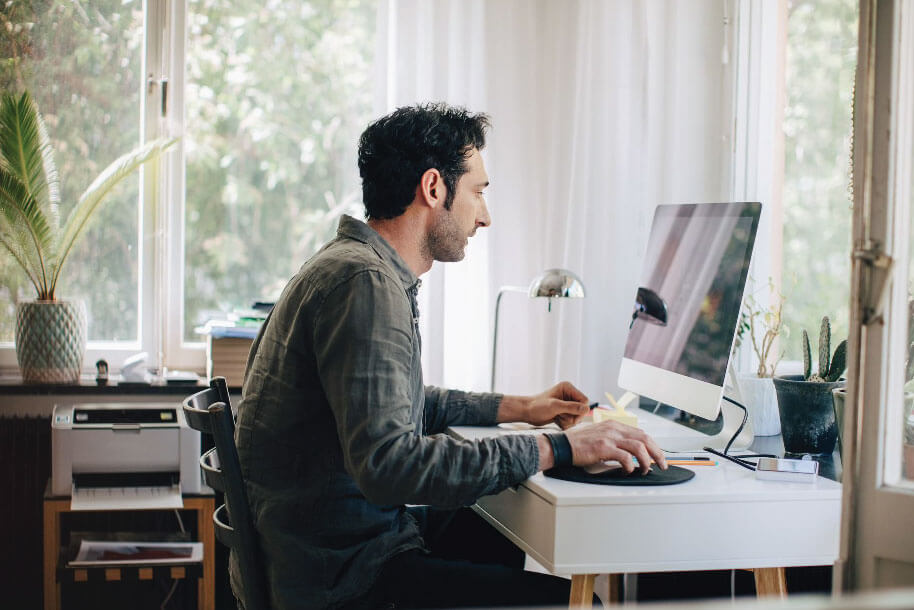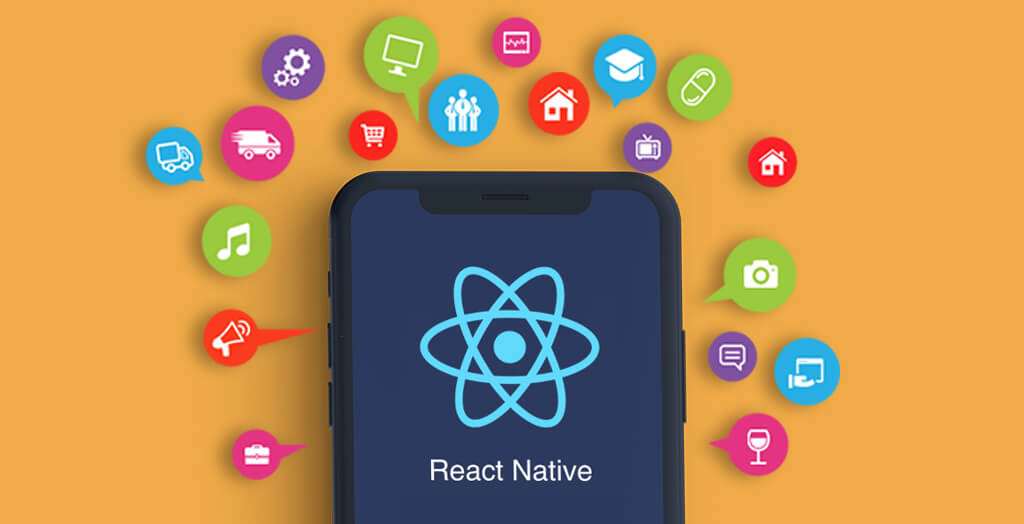The rapid growth of remote learning, especially after the pandemic, along with the introduction of NEP 2020 has created new demand for online learning, and assessment. The institutes are now focused on improving the integrity and experience offered by online examination technology to the students.
The main issue with online assessment tests is academic integrity and fair examinations. To address this concern, remote proctoring has emerged as a vital tool in maintaining the integrity of online exams. In this blog, we will discuss the reasons why remote proctoring is important and how it is achieved by the online exam software.
Importance of Remote Proctoring-
1.Students Cheating in Exams-
One of the primary reasons remote proctoring is important is its role in avoiding cheating attempts and other such malpractices of students during online exams. In traditional in-person exams, the physical presence of invigilators serves as a deterrent to academic dishonesty.
But in remote proctoring, the software creates safety in the online environment by monitoring students in real-time, discouraging them from engaging in cheating behaviors such as looking up answers or consulting unauthorized resources. It helps the institutes to ensure no such practices are being attempted in the classroom.
2. Preservation of Academic Integrity
Maintaining the integrity of the educational process is an important aspect of attracting good students, new opportunities, and sponsors. But when students cheat in the exams, it undermines the value of their degrees and devalues the education and management offered by the institutes. The students lose trust results in degrading the reputation of the college.
Remote proctoring helps preserve academic integrity by ensuring that students are assessed fairly and honestly, thus upholding the reputation of educational institutions and their qualifications.
3. Accessibility and Convenience
Online education offers a high level of accessibility and convenience for learners worldwide. However, these benefits should not come at the cost of academic integrity. Remote proctoring allows educational institutions to offer exams online while still ensuring fairness and preventing cheating, eventually striking a balance between convenience and integrity.
4. Verification of Student Identity
In online learning environments, verifying the identity of the student taking the exam is crucial. Remote proctoring technologies employ various methods, such as facial recognition and ID verification, to confirm that the person appearing for the exam is indeed a registered student. This prevents impersonation and identity fraud.
Security Features of Remote Proctoring Technology
Now that we understand the importance of, let’s explore the security features of this technology that help maintain the integrity of online exams
1. Real-time Monitoring of Data
Remote proctoring software monitors students in real time during the exam. It uses AI and machine learning algorithms to detect suspicious behavior, such as excessive eye movements, unusual mouse activity, or frequent glances away from the screen.
If any suspicious activity is detected, the system alerts the proctor or instructor, who can then take appropriate action. This ensures real-time invigilation of the students just like a traditional examination, but in a better way as every student is separately monitored by the system.
2. Camera-based Invigilation
Most remote proctoring solutions require students to use their webcams to keep track of their activities during the exam. This camera-based invigilation ensures that students are not receiving assistance from other individuals physically present in the room. It takes frequent snapshots of students’ screens during the exam. It can also check the student’s environment for any unauthorized materials, inanimate objects or behavior.
3. Disabling Windows and Tabs
To prevent students from accessing external resources or communicating with others during the exam, remote proctoring software often has features to disable other windows and tabs on the computer. This ensures that the student’s attention remains solely on the exam window.
4. Student Authentication
Before the exam begins, remote proctoring systems typically require students to go through a multi-step authentication process. This may include verifying their identity with a government-issued ID, submitting proofs and documents, and answering security questions. These authentication measures help ensure that the registered candidate is taking the exam.
5. Data Safety and Privacy
To maintain the trust of both students and educational institutions, remote proctoring solutions prioritize data safety and privacy. They follow strict data protection regulations and encryption standards to safeguard sensitive information, including biometric data, student information, and exam content.
6. Disabled Copy-Paste
Copying and pasting text or answers from external sources is a common form of cheating during online exams. Remote proctoring software can disable the copy-paste function during the exam, preventing students from easily plagiarizing content.
Conclusion-
Remote proctoring technology plays a crucial role in maintaining the integrity of online exams. It helps ensure that online education remains a fair and credible mode of learning. While online education offers accessibility and convenience, it should not compromise the quality and integrity of assessments. Remote proctoring strikes a balance between these factors, allowing to learn and be evaluated fairly.
https://digitalnomic.com/draw-a-voodoo-doll-bit-by-bit-guide/









